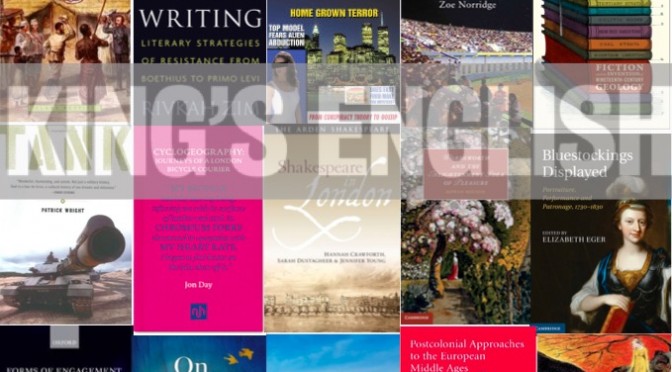The Department of English welcomes applications for an hourly-paid teaching opportunity in American Literature for the second semester of 2022/23.
Twentieth Century American Fiction 5AAEB072
The successful applicant will convene and teach this second-year module: one 1-hour lecture and 2 x 1-hour seminars per week (30 hours).
Module Description
This module offers an introduction to major American literary figures and movements in the twentieth century. This is a period in which the status of American literature and culture underwent systemic changes. This module will use texts to track some of these changes, including from modernism to post-modernism, from the country to the city, and from the nation to the globe. It will also introduce you to a diverse, rich, and complex range of American writing: we will meet with naturalism, realism, regionalism, and much more besides. Such genres came from an equally varied set of social groups: as such, the module will track African American creativity, women’s writing, and regionalist fictions in an attempt to understand the variety of different claims that artists made on both literature and the nation during this period.
A full week-by-week description of the module can be found here.
*
Applicants will need to hold a Ph.D by December 2022 and have the right to work in the UK. The payment is £22.13 per hour, with two preparation hours for every classroom hour. The role will also include payment for office hours and marking.
As currently timetabled, the teaching is on Tuesdays, with the lecture at 9.00-10.00, the first seminar at 11.30-12.30, and the second at 15.30-16.30.
To apply:
Please send a CV and short statement (500 words maximum) to Alan Marshall (Head of English), at alan.marshall@kcl.ac.uk, outlining the skills and experience you would bring to the role.
Please see attached for more information and to apply:
HPL Advertisement for Blog
Closing date for applications: 10.00 am, Wednesday 7th December 2022.
Blog posts on King’s English represent the views of the individual authors and neither those of the English Department, nor of King’s College London.

